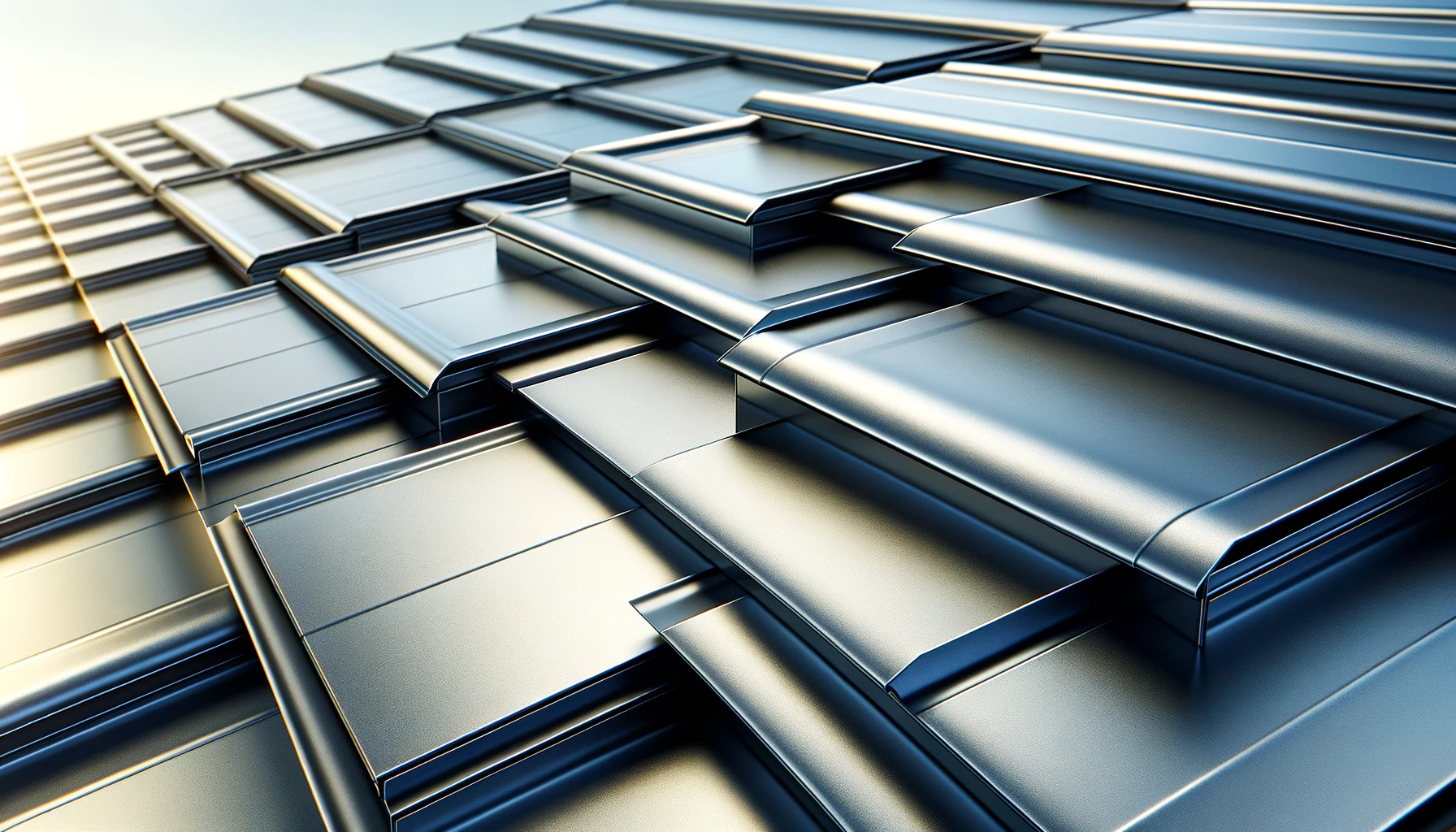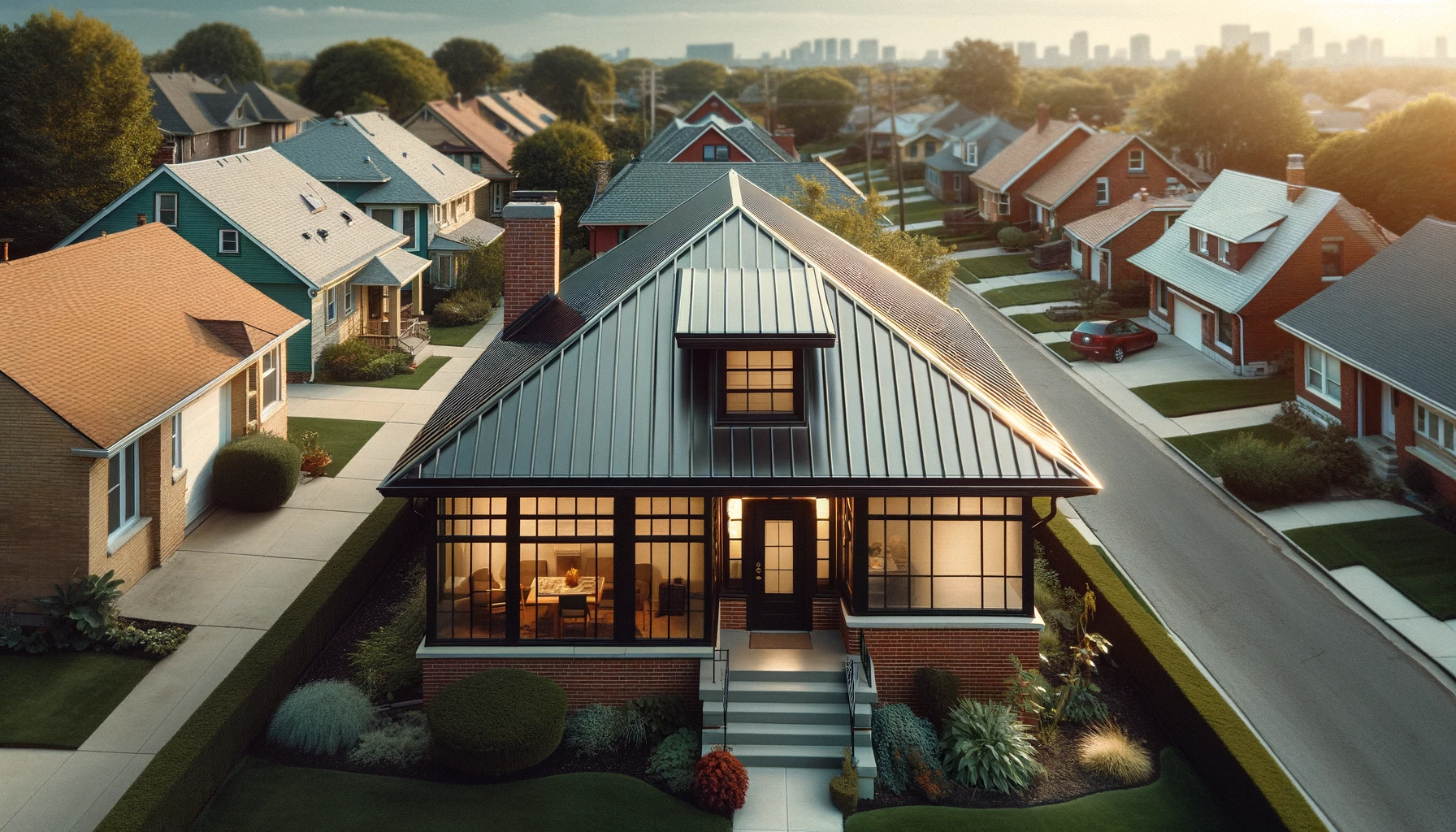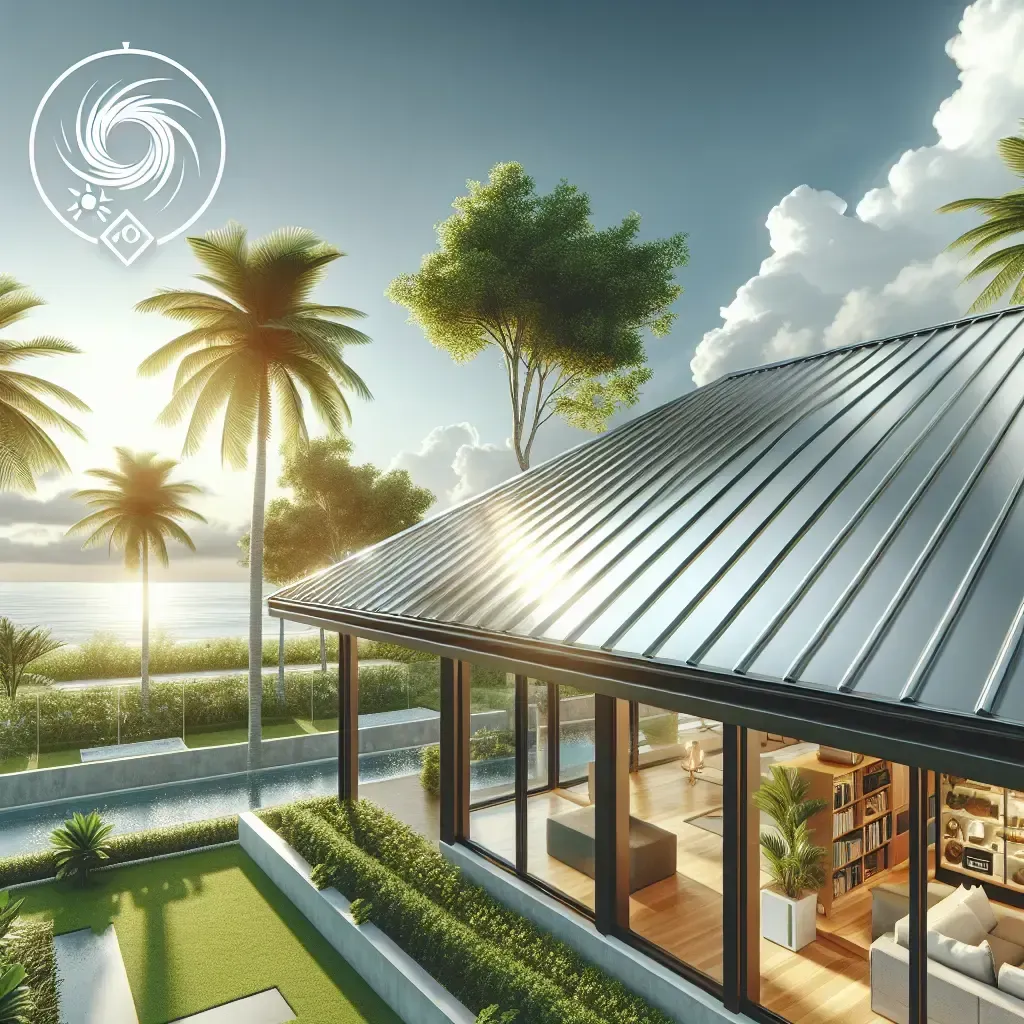The Ultimate Guide to Choosing the Right Metal Roofing Material
The decision to install a metal roof is just the first step toward ensuring a durable, efficient, and aesthetically pleasing solution for your property. The next crucial step is selecting the right metal roofing material to suit your needs, preferences, and budget. With a plethora of metal roofing options available in today’s market, making an informed choice can be overwhelming.
This guide aims to help you navigate the world of metal roofing materials, comparing the top options and outlining their respective benefits and drawbacks.
1. Exploring the Benefits and Drawbacks of Steel Roofing
Steel roofing is a popular choice among property owners due to its affordability and adaptability. This versatile roofing material can be used in residential, commercial, and agricultural applications, providing long-lasting protection and style. Steel is known for its exceptional strength and is capable of withstanding harsh weather conditions, including heavy snow and high winds.
To ensure enhanced longevity, steel roofing is commonly coated with a layer of either zinc (galvanized) or a combination of zinc and aluminum (Galvalume). These coatings protect the steel from corrosion, adding years to its service life.
Despite its many advantages, steel roofing does have a few drawbacks. Due to its increased weight, it might require additional structural support, particularly in large-scale commercial or agricultural installations. Additionally, steel can be susceptible to fading and chipping over time, which might require occasional repainting or retouching.
2. Understanding the Uniqueness of Aluminum Roofing
Aluminum roofing is an ideal choice for coastal and humid environments, as it is highly resistant to corrosion caused by saltwater and moisture. Its lightweight nature makes it an excellent option for structures with limited weight-bearing capacity, such as older homes or buildings with unique architectural features.
One of the main advantages of aluminum roofing is its low maintenance requirements. This material does not rust or corrode easily, translating into a hassle-free, long-lasting roofing solution.
While aluminum is generally more expensive than steel, it is still considered a cost-effective choice due to its durability and ease of maintenance. However, its softer nature makes it more susceptible to dents and scratches during installation or maintenance work. Property owners should exercise caution or hire experienced professionals to ensure the aluminum roofing panels are not damaged during installation.
3. Delving into Premium Options: Copper and Zinc Roofing
Copper and zinc roofing materials offer a refined, high-end appearance that is sure to make your property stand out. Both metals are exceptionally durable, corrosion-resistant, and low-maintenance, providing an unmatched aesthetic appeal combined with rock-solid performance.
Copper roofing boasts a unique property – it develops a beautiful, protective patina over time, giving your roof a distinctive, aged charm. This patina provides additional corrosion resistance and prolongs the material’s lifespan. Similarly, zinc roofs develop a protective layer called zinc hydroxyl carbonate, which also contributes to their longevity.
Of course, these premium materials come at a higher cost when compared to steel and aluminum. However, the investment is often worth it for property owners who value the unique visual appeal and superior performance of copper or zinc roofs.
4. Factors to Consider When Choosing the Right Metal Roofing Material
As you evaluate various metal roofing materials, it is essential to consider several essential factors to help you make the best decision for your project:
- Budget: Determine how much you are willing to spend on your roofing project and consider options that fit within your budget. Keep in mind that premium materials like copper and zinc may lead to higher upfront costs, but they can offer increased longevity and require less maintenance over time.
- Geographic location: The location of your property plays a significant role in the choice of metal roofing material. Coastal and humid regions might benefit more from corrosion-resistant materials like aluminum, while steel may be more suitable for properties located inland.
- Purpose and building type: Consider the primary purpose of your building, whether residential, commercial, or agricultural, when choosing the right metal roofing material. Different materials may be better suited to specific building types and applications.
- Aesthetic preference: Each metal roofing material offers a distinct appearance that will contribute to your property’s overall look. Choose a material that aligns with your desired aesthetic, taking into account factors such as color, finish, and architectural style.
Making an Informed Decision for Your Metal Roofing Investment
Selecting the right metal roofing material is crucial for achieving a durable, efficient, and eye-catching solution for your property. By considering factors such as budget, location, purpose, and aesthetic preferences, you can narrow down your options and make a well-informed decision.
Whether you choose the affordability and adaptability of steel, the corrosion resistance and lightweight nature of aluminum, or the unmatched elegance and performance of copper and zinc, it is essential to work with a reputable and experienced metal roofing supplier. At Mid Florida Metal Roofing Supply, Inc., we are committed to offering our customers top-quality metal roofing materials, expert advice, and unparalleled customer service. Contact us to learn more about our products and services, and let us help you find the perfect metal roofing solution for your property.
Share Our Metal Roofing News Articles
Related Posts




